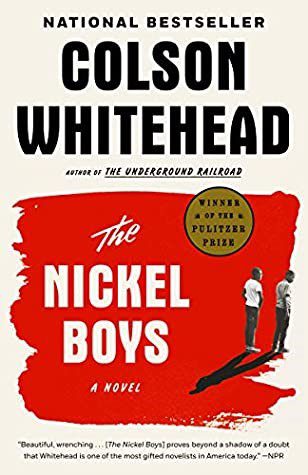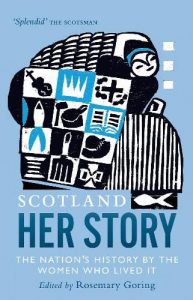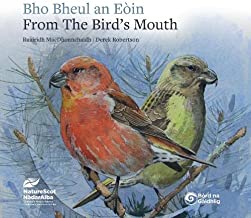
After dealing with slavery in his Pulitzer prize winning novel The Underground Railroad, Whitehead did not want to write ‘another heavy book’. However, he felt the election of Donald Trump compelled him to do so. His novel The Nickel Boys sadly is as relevant now as in the 1960s in the light of present-day accusations of institutional racism and the recent trial of the murder of George Floyd.
The Nickel Boys continues the double Pulitzer prize winner’s exposure of the harsh realities of being poor and black in those southern parts of the Land of the Free. In contrast to his previous novel The Underground Railway, there is little expectation of escape or deliverance from ‘The Nickel’, the reformatory school to which the unfortunate Elwood is unjustly sentenced.
Elwood Curtis is 12 years old when his story begins: intelligent, industrious and a devoted follower of Dr Martin Luther King’s non-violent confrontation with segregation. An accident of chance at the age of 14 results in Elwood being sent to the Trevor Nickel Academy for Boys in Florida, a school in which intelligence is decried, industry undermined and violence, inflicted by the staff, is the whole of the law. The book’s opening chapter, however, is set some 50 or so years after Elwood’s sojourn at Nickel when a survey team on the site of the now closed school uncovers numerous unmarked, unrecorded graves.
The book then reverts to the 1960s and Elwood’s reforming experiences at school. It demonstrates how Elwood and the other ‘scholars’ simply seek to survive, to see out their time in an institution that perhaps more by accident than design conspires to abuse, denigrate and if necessary, or on a whim, to destroy, in order to protect its own version of the status quo. A taut, emotionally devastating story picks apart the system which allows apologists for institutionalised racism to avoid confronting the history they created. Written as a novel, The Nickel Boys is based on the facts quite literally unearthed at the state-run Dozier School for Boys in Marianna, Florida.
A comparatively short novel at a little over 200 pages it is in my view Colson Whitehead’s finest work to date. Not an easy read it would seem but it is a fascinating, superbly written, utterly compelling story. Unputdownable. And (spoiler alert) a surprising twist in the tail….
Library Member


